Prime Minister Pham Minh Chinh has just requested Hanoi City to implement measures for organizations and individuals to convert their vehicles and routes so that by July 1, 2026, there will be no motorbikes or scooters using fossil fuels (gasoline and oil-powered vehicles) circulating in Ring Road 1.
Need support for people to switch from gasoline cars to electric cars
Associate Professor, Dr. Bui Thi An ( National Assembly Delegate of the 13th tenure) assessed that this policy is reasonable, this is a trend related to many sustainable development goals of Vietnam in general and of Hanoi in particular.
To effectively implement the policy without affecting social security and people's lives, Hanoi must simultaneously deploy a number of solutions.
According to Ms. An, Hanoi, the Government needs to support people to switch from gasoline cars to electric cars.
In Hanoi in particular and Vietnam in general, motorbikes are still the means of livelihood for the majority of people, from vendors, shippers, motorbike taxi drivers, civil servants, workers to students, even housewives all use motorbikes.
In addition, the city needs to build green transportation infrastructure such as enough electric charging stations to meet the needs when people switch vehicles, not monopolize electric charging ports to encourage people to have more opportunities to choose vehicles, according to Ms. An.
The expert also said that the city needs to develop green public transport to ensure that people are not affected in their daily lives, especially at transit points such as bus stations, metro stations, schools, and traditional markets.
For example, when people travel to Ring Road 1, if they use a gasoline motorbike, they need a reasonable place to park, along with convenient green public transport (electric bus, metro) to help them continue their journey without interruption.
Plan for handling recalled vehicles
As a person with many years of research in the field of transportation, expert Nguyen Xuan Thuy supports the idea that there will be no motorbikes and scooters using fossil fuels circulating in Hanoi's Ring Road 1 from July 1, 2026 to reduce emissions and minimize environmental pollution.
However, expert Nguyen Xuan Thuy said that the implementation may encounter some difficulties and obstacles due to the large number of motorbikes in Hanoi and the short preparation time.
The expert acknowledged that motorbikes are a familiar means of transportation for many Vietnamese people, especially in large urban areas such as Hanoi, Ho Chi Minh City, Da Nang, and Hai Phong. Therefore, changing people's vehicle usage habits may also encounter certain difficulties and obstacles.
In addition to supporting the ban on motorbikes circulating in Ring Road 1, Mr. Nguyen Xuan Thuy also expressed that the State and Government also need to have a specific, clear, and detailed plan to limit cars using gasoline and oil from circulating in Ring Road 1 and Ring Road 2 of Hanoi.
Hanoi is managing nearly a million motorbikes (Photo: Manh Quan).
"Cars emit emissions and take up many times more space than motorbikes, so there needs to be a plan to limit this type of vehicle as well," said Mr. Nguyen Xuan Thuy.
To be able to implement the ban on gasoline and diesel motorbikes circulating in Ring Road 1, he proposed that Hanoi and the Government need to have support solutions so that people can switch to electric motorbikes and this must be truly "right people - right purpose".
"A good, safe electric motorbike costs from 20,000,000 to 40,000,000 VND. For poor families, this is a large amount of money, so the State needs to provide practical support, with a clear amount of support so that people can confidently switch from electric vehicles to gasoline vehicles," the expert suggested.
Besides, he said, the State also needs to have plans to handle recalled gasoline and diesel motorbikes to ensure safety and environmental hygiene.
Since 2017, Hanoi has set out a roadmap to ban motorbikes in Ring Road 1 and has developed many projects, but so far they have not been able to be implemented for many reasons.
According to Chairman of Hanoi People's Committee, Tran Sy Thanh, Hanoi will maintain the roadmap to limit motorbikes in districts by 2030, while gradually switching from gasoline motorbikes to electric motorbikes.
The Chairman of Hanoi said that this policy was issued more than 7 years ago, so it is not surprising to businesses or residents. The city is determined to implement a roadmap to convert vehicles using fossil fuels to clean energy.
To achieve the goal, Hanoi will have policies to support people in converting, invest in charging station systems, improve safety standards in concentrated charging areas, and strongly develop public transport...
Mr. Thanh assigned the Department of Construction to coordinate with relevant parties to develop a suitable conversion roadmap, harmonizing the interests of the State, businesses and people.
By the end of 2024, Hanoi will have over 9.2 million vehicles of all kinds operating in the area (not including vehicles of central agencies).
Of which, the city is managing more than 8 million vehicles, including 1.1 million cars and over 6.9 million motorbikes, about 1.2 million personal cars and motorbikes from other provinces and cities circulating in the area.
Dantri.com.vn
Source: https://dantri.com.vn/xa-hoi/ha-noi-cam-xe-may-chay-xang-can-ho-tro-nguoi-dan-nhu-the-nao-20250714123032520.htm


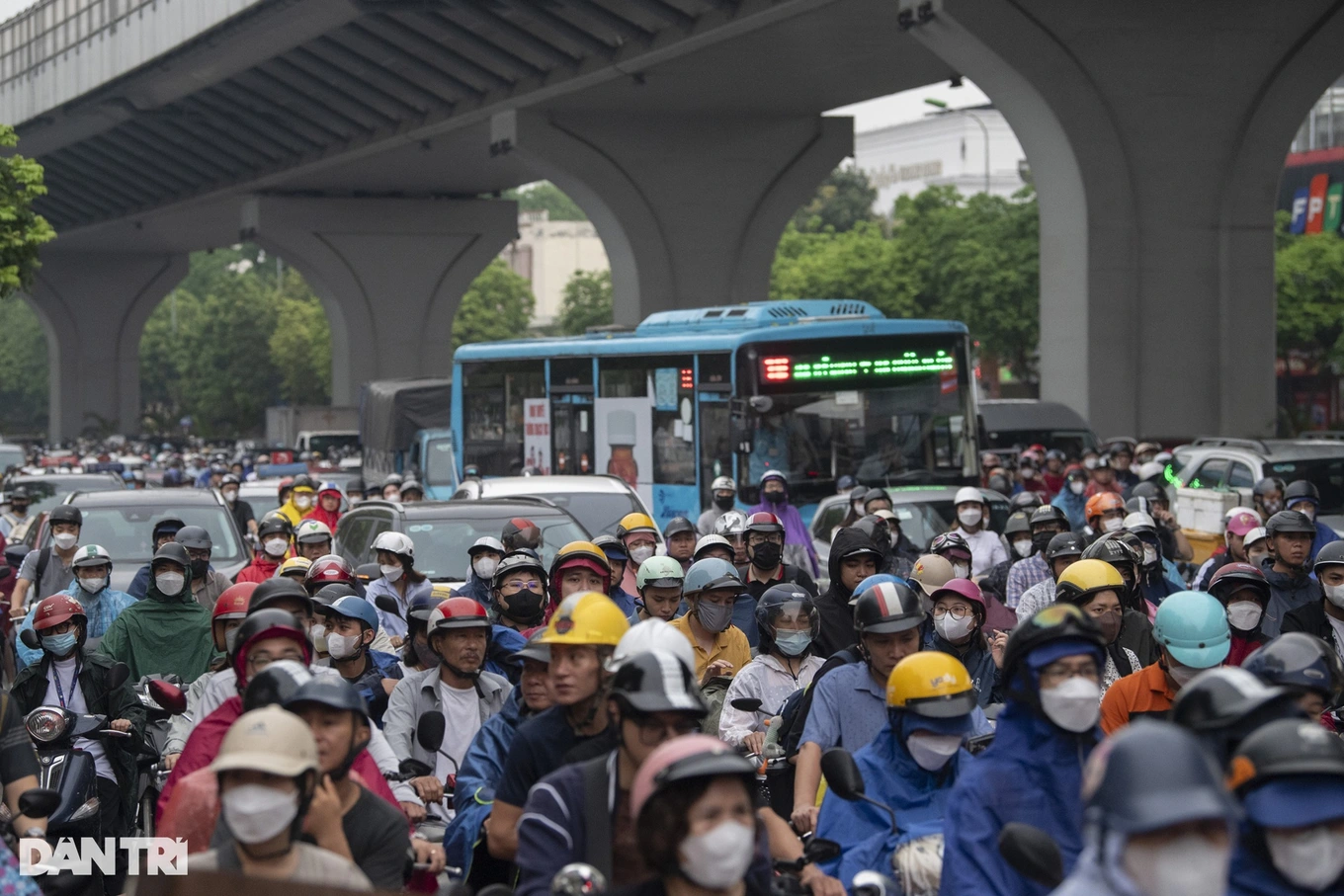



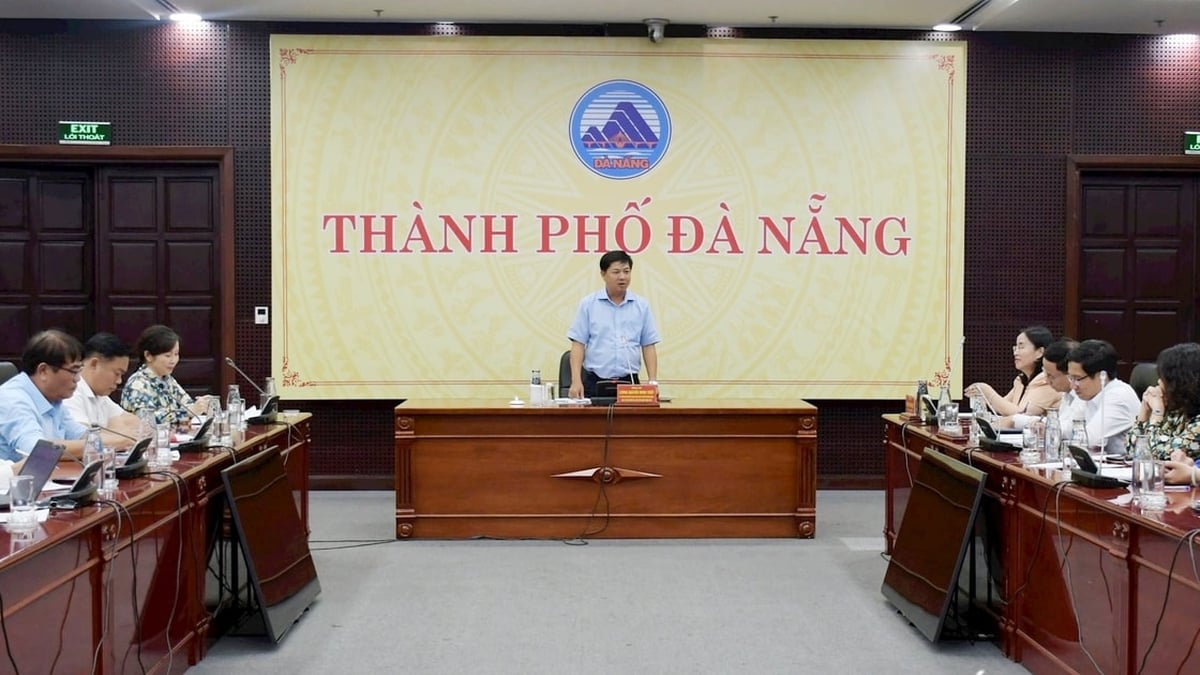

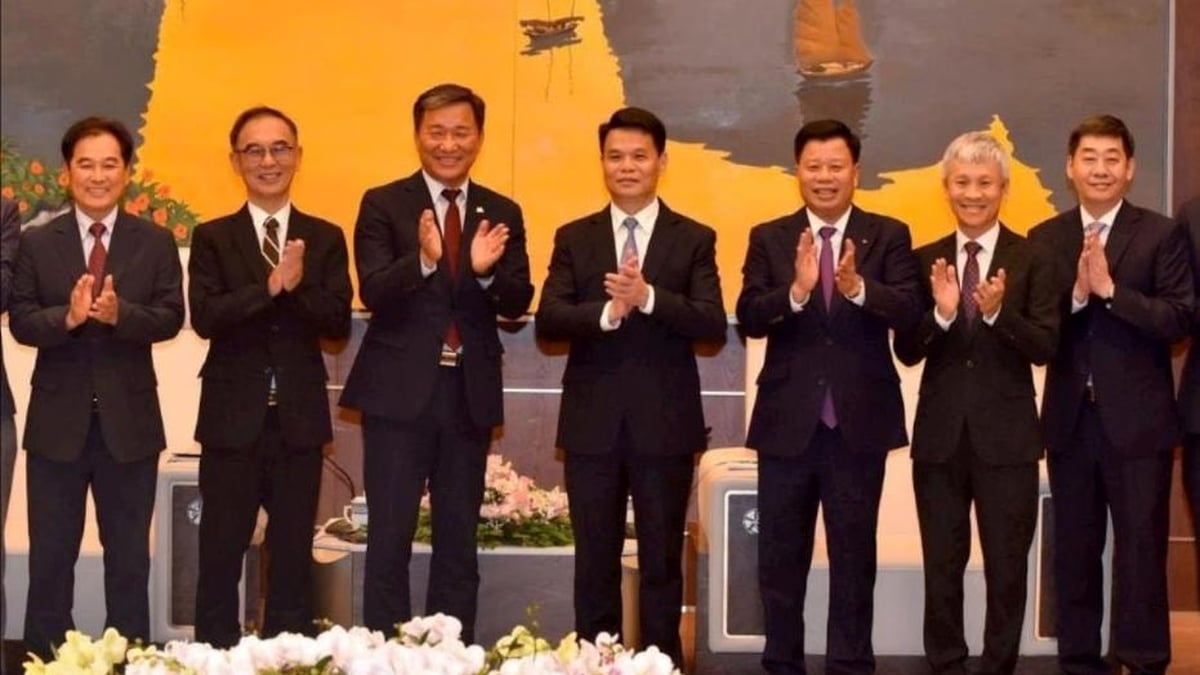

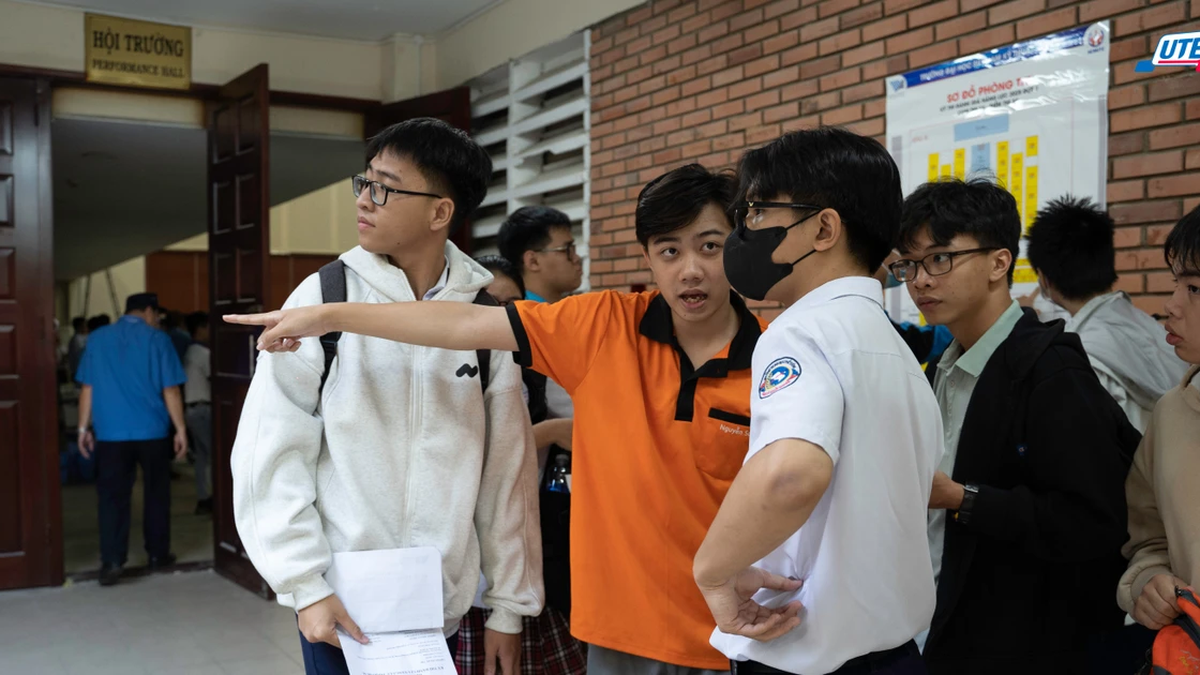
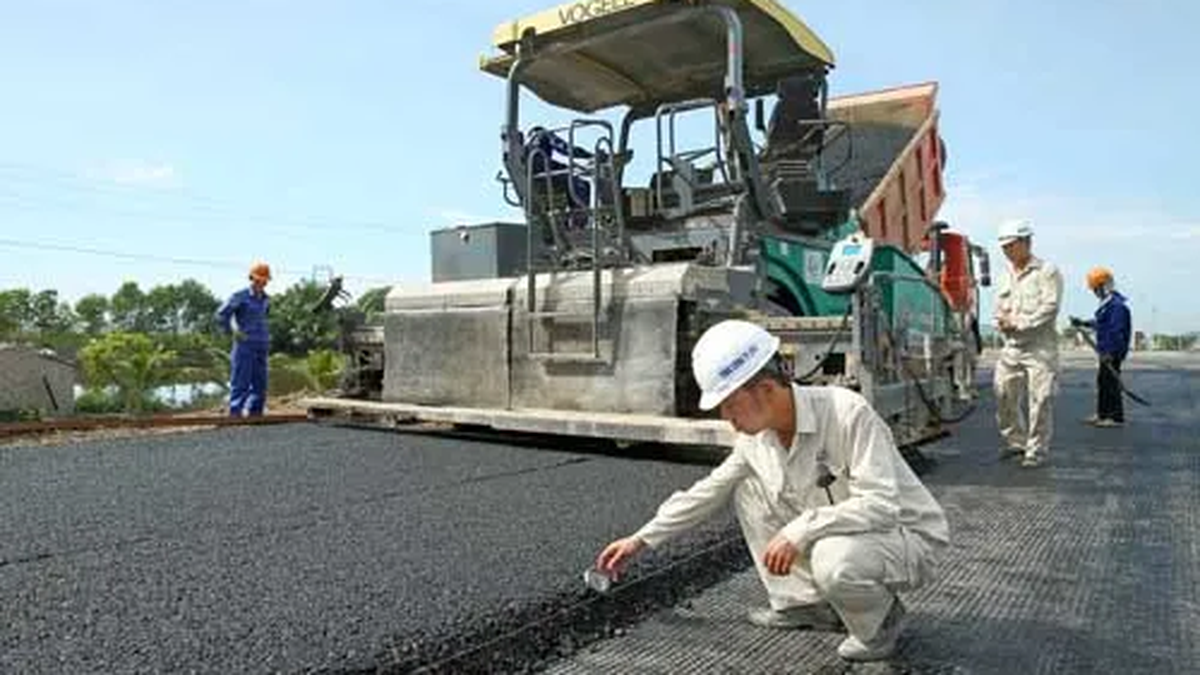
![[Video] Vietnam won 4 Gold Medals at the 2025 International Chemistry Olympiad](https://vphoto.vietnam.vn/thumb/1200x675/vietnam/resource/IMAGE/2025/7/14/d3fbb6095dbc4295a1450fafc25ce168)






































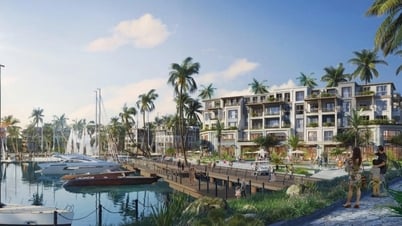












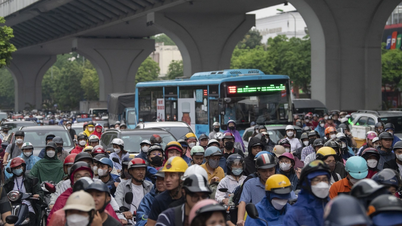

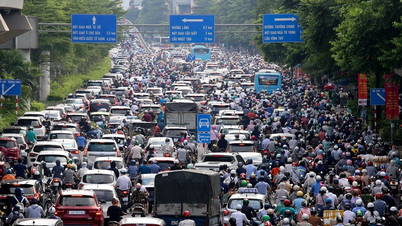





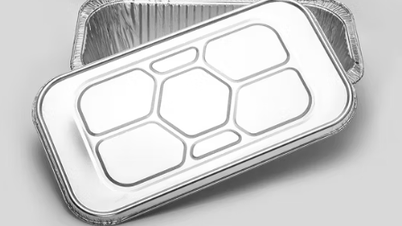




























Comment (0)